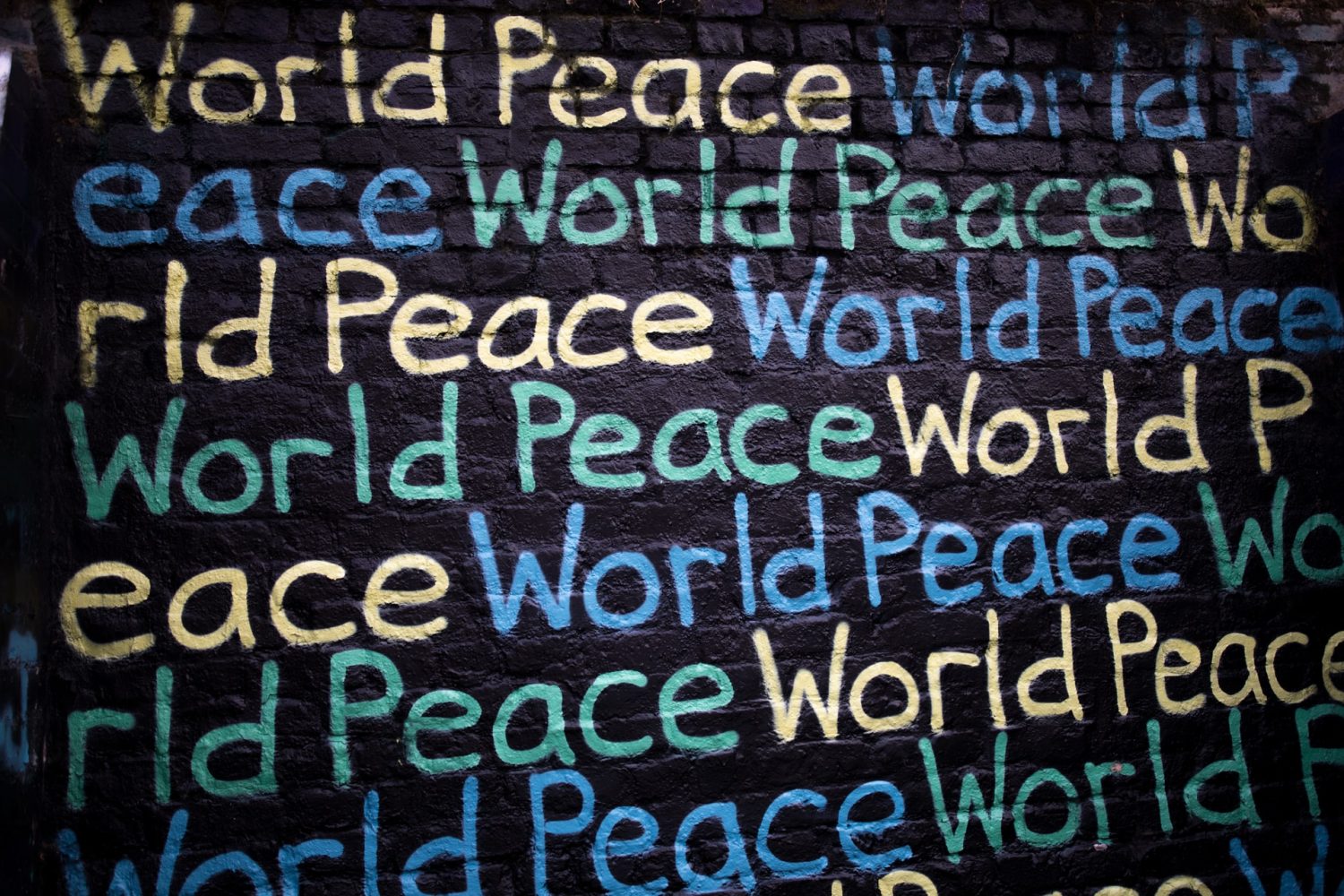Reassessing Conflict Prevention in an Increasingly Turbulent World
Professor David Connolly is Practitioner Chair in the Senator George J. Mitchell Institute for Global Peace, Security and Justice at Queen's University Belfast.

Three weeks in and Russia’s invasion of Ukraine has already sent several powerful messages. First, least surprisingly, war has an immediately devastating and far-reaching impact. Several hundred civilians have been killed, more than 2.5m people have become refugees, and we are beginning to see profound economic disruption and fall-out. Second, despite initial optimism that the COVID-19 pandemic would rally states to create new alliances and forms of cooperation, deep geopolitical divisions persist as the main threats to global peace and security. Third, the war was preventable. The annexation of the Crimean Peninsula in 2014 made clear that Russia was a global player, and this should have been a wake-up call for NATO and the European Union.
Looking to Ukraine and beyond, this article pinpoints three main challenges to conflict prevention, and argues for fresh thinking and new approaches to prevention. The challenges together reveal the need to learn from past mistakes and to track how we adapt to a fast-moving global order. To start though, it is important to outline the main contours of ‘conflict prevention’, which contrast sharply with the turbulent dynamics of our contemporary global context.
Opposites Attract
Conflict prevention, in its more expansive sense, refers to measures not only to stop the initial outbreak of violence, but also to limit its escalation and spread, and further still, to avoid a relapse. Its practice through bilateral and multilateral means has remained steady and largely marginalized over the last two decades. Official approaches include early warning systems, confidence-building measures, sanctions, and the deployment of or peacekeeping forces. Non-official approaches, for example, may seek to strengthen the role of civil society. Preventive diplomacy, more specifically, is used to avert or mitigate disputes, and to limit the drivers and impact of violent conflict.
By contrast, the global patterns of violent conflict over the last two decades have proven unpredictable and complex. Notably: the number of violent conflicts worldwide has increased by 88 per cent, and they are more internationalized. State-based conflicts are at a historic high. Violent conflict and fragility have become increasingly intertwined. Along with an estimated global economic impact of violence of $14.4 trillion in 2021, it is staggering that the international commitment and capabilities to prevent violent conflict have remained stunted. Why is that?
To continue reading, please click here.
Article originally appeared on the website of the Mitchell Institute.
Photo by Humphrey Muleba on Unsplash.




